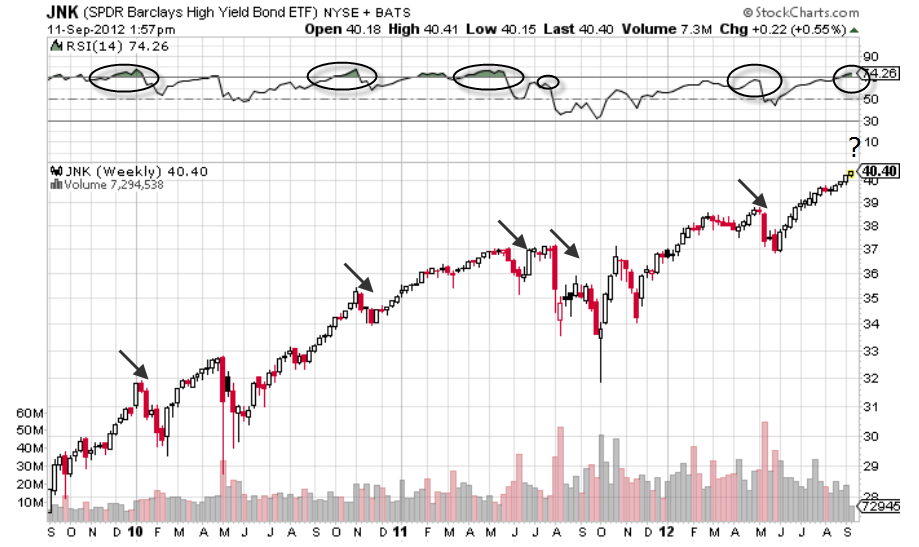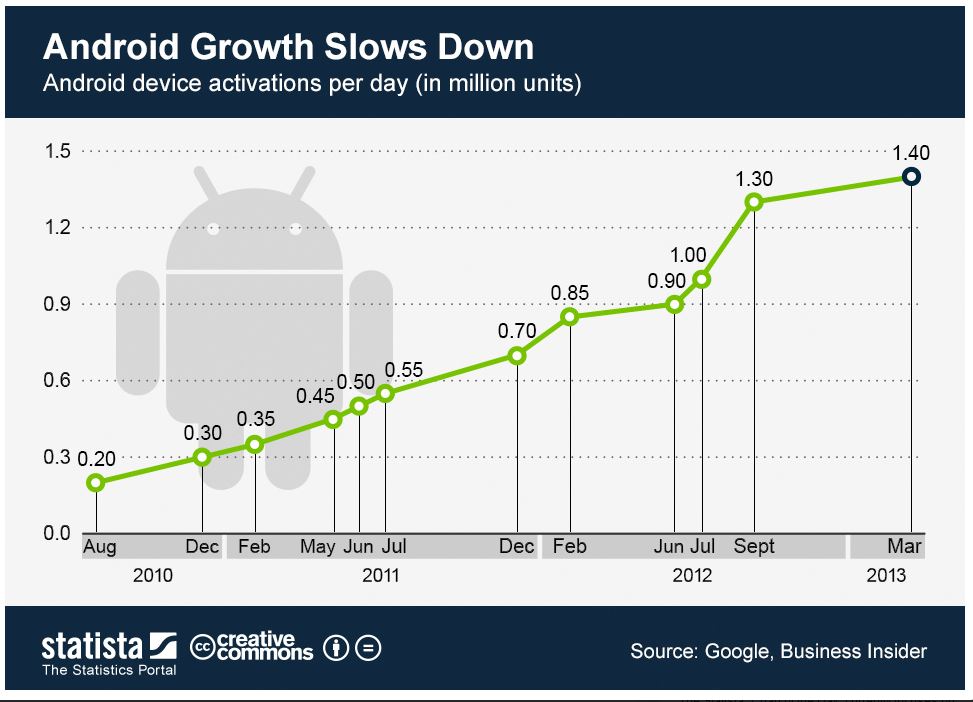By: Steve Sosnick, Chief Strategist
I assume that many of you were also gripped by the weekend news out of Russia. Like the rest of us, I remain fascinated with the odd series of events and outcomes, along with the rapidity of how events unfolded and then appeared to be neatly refolded. Even though the activities all transpired while world markets were closed, there are still some useful takeaways for investors about how to consider exogenous global events.
A reporter reached out to me around 9AM on Saturday morning for my thoughts about how the goings on in Russia might affect global markets. Here were my initial thoughts, typed out on my phone, without edits:
Here are my initial thoughts, hopefully organized by asset class:
General – this is a truly exogenous event that leads to initial shock and a flight to safety. It should awaken VIX from its stupor. First move is likely to be a bump in government bond prices (lower yields) and USD. Riskier assets tend to decline. The question is how much and how lasting the reaction will be, much of which depends upon unknowable developments. Among other things, I just heard Col. Vindman on CNN saying he was concerned about rogue nukes. (Yikes!)
Commodities– even with Russian embargoes, they still sell plenty of raw materials to sympathetic nations like China and matter to the global supply. It is reasonable to expect oil and other key commodity prices to rise. If oil prices rise sharply, that will indeed weigh upon equities and reignite stagflation fears. Gold is tough to read. In theory it should benefit from a flight to safety, but in practice a strong dollar can impede it. And both Russia and Wagner need to raise funds somehow… Notice that Bitcoin is essentially unchanged, probably on similar logic.
Bonds – US treasuries should rise on the safety trade. The tougher read will be on the shape of the yield curve. A global supply shock could impede or reverse recent disinflationary progress, requiring central banks to harden their resolve even as inflation reignites. That would steepen the current inversions. Yet if it’s bad enough, the consensus view could change to one where central bankers worry less about inflation and more about the economy. But that seems more like a second order effect.
Equities – stock traders are surprisingly inept when it comes to digesting geopolitical news that has a nebulous impact on earnings, cash flows and the like. They’re really good at assessing the impacts on companies’ bottom lines. With Russia largely disconnected from the global economy, few US or European companies will have direct impacts from instability in a country that’s already a pariah. So the broader markets will take their cues from bonds and commodities. Defense-related stocks should catch a bid – the world is not a safer place today – and commodity-linked stocks should also be outperformers for the reasons stated above. In theory, this should provide a test to the concept that mega cap tech stocks are a bastion of safety (Will this disrupt, say, Apple’s earnings or the future of AU. Probably not. But will investors be continually willing to pay higher multiples for them? We’ll see). And the market’s recent bet that volatility has been squashed for the near to medium term should get a stern test. Hard to see VIX with a 12 handle next week.
(The resulting article, which used an edited version of those points, is here).
What we see this morning is that some of those themes are still affecting markets, though of course in a muted form. We see global equity markets and US Treasury yields modestly lower, oil prices and VIX modestly higher, and gold essentially unchanged. For the most part, my gut was largely correct. But I was wrong about defense stocks. They’re lower because there is a reasonable chance that the disarray could shorten the war in Ukraine. Good for the world, and especially the Ukrainians, bad for those who sell weaponry. Let’s think about why we were right and wrong.
1. Stay in your lane! (Part 1): You should notice that there was no commentary about what I thought might happen between Wagner and Putin. I had and still have no special insight into the events on the ground. I know that my grandparents had the good fortune to be chased out of what is now Belarus over a century ago; I know little specifically otherwise about that region. That means one needs to…
2. Absorb information from actual experts: The airwaves and social media become filled with “expert” opinions, real and inflated, as events unfold. We all need to consider the commenters’ expertise and background, if possible. The only expert I quoted was Col. Vindman. He is a polarizing political figure to many, but as someone who was born in the region, speaks the language, and spent much of his working life studying its military and political situations, he should be deemed much more credible than an armchair tweeter. But even the best-informed commenters really don’t know what is occurring in a fluid situation. As a result…
3. Be nimble: If events are unfolding quickly, so are potential outcomes. I don’t think many market participants had “Russian coup attempt” in their weekend outlooks, nor do I think that many had “it will be over, bloodlessly, in 24 hours” once it began. We can’t get entrenched into viewpoints that are subject to change rapidly. It is also important to remember that when situations become fluid, volatility ensues, and volatile markets tend to be illiquid. I’ve previously mentioned the sign that used to hang over our trading floor when we were major options market makers. I don’t have a picture, but it said something like:
When Markets Get Crazy:
- Raise volatility
- Shrink sizes
- Widen bid/asks
You’ll notice that items 2 and 3 reduced the number of options that we were willing to buy and sell at any given price point and time. That is literally a reduction in liquidity. And we know that we were not the only ones implementing those tactics during hectic situations. Illiquid markets exacerbate the volatility that we tend to see during crises. Which means…
4. Stay in your lane! (Part 2): When I answered the reporter’s question, I started and ended with what I know best: volatility. VIX began the day over a point higher, though it has since given back about half its early gains. It remains to be seen whether VIX does fully awaken from its recent stupor, but it is likely that some of the recent sellers of VIX in the low teens remember that this is a one-tailed trade. Further drops tend to be small and slow; jumps occur quickly and sharply. Over the years I’ve seen enough “flight to safety” trades to know that jumps in volatility measures are accompanied by drops in Treasury yields, and that gold’s reaction can be fluky. Sometimes it’s a flight to safety, sometimes a source of cash for those who are affected, and both are influenced by gold’s property of being an “anti-dollar.” As for commodities, I spent many years trading stocks and options in Canada, and before that Australia. To trade in those markets, one needs to keep a close eye on developments in the key commodities that influence their economy and most important stocks. Yet I waded into an unforced error by commenting on defense stocks. I have no particular expertise in that sector (see item #2) and should have simply kept those thoughts to myself. And…
5. No one is forcing you to trade: For better or worse, a large portion of my job description involves commenting about markets under all sorts of circumstances. Prior to that, I was committed to posting bid/ask prices whenever markets were open. Most of you have neither of those requirements. If you don’t have any particular knowledge or opinion, it’s often best to stay on the sidelines.
As I read through the above rules/opinions/suggestions, it is useful to keep them in mind even when markets are calm. It is much easier to respond during a crisis if you’ve already practiced the required techniques in advance. All sorts of professions train during quiet times to be better prepared for crises. Investors and traders should utilize a similar mentality.
This post first appeared on June 26th, 2023 on the IBKR Traders’ Insight blog
PHOTO CREDIT: https://www.shutterstock.com/g/fizkes
Via SHUTTERSTOCK
DISCLOSURE: INTERACTIVE BROKERS
The analysis in this material is provided for information only and is not and should not be construed as an offer to sell or the solicitation of an offer to buy any security. To the extent that this material discusses general market activity, industry or sector trends or other broad-based economic or political conditions, it should not be construed as research or investment advice. To the extent that it includes references to specific securities, commodities, currencies, or other instruments, those references do not constitute a recommendation by IBKR to buy, sell or hold such investments. This material does not and is not intended to take into account the particular financial conditions, investment objectives or requirements of individual customers. Before acting on this material, you should consider whether it is suitable for your particular circumstances and, as necessary, seek professional advice.
The views and opinions expressed herein are those of the author and do not necessarily reflect the views of Interactive Brokers LLC, its affiliates, or its employees.
Any trading symbols displayed are for illustrative purposes only and are not intended to portray recommendations.
In accordance with EU regulation: The statements in this document shall not be considered as an objective or independent explanation of the matters. Please note that this document (a) has not been prepared in accordance with legal requirements designed to promote the independence of investment research, and (b) is not subject to any prohibition on dealing ahead of the dissemination or publication of investment research.
DISCLOSURE: FOREX
There is a substantial risk of loss in foreign exchange trading. The settlement date of foreign exchange trades can vary due to time zone differences and bank holidays. When trading across foreign exchange markets, this may necessitate borrowing funds to settle foreign exchange trades. The interest rate on borrowed funds must be considered when computing the cost of trades across multiple markets.
DISCLOSURE: OPTIONS TRADING
Options involve risk and are not suitable for all investors. Multiple leg strategies, including spreads, will incur multiple commission charges. For more information read the “Characteristics and Risks of Standardized Options” also known as the options disclosure document (ODD) or visit ibkr.com/occ
DISCLOSURE: FUTURES TRADING
Futures are not suitable for all investors. The amount you may lose may be greater than your initial investment. Before trading futures, please read the CFTC Risk Disclosure. A copy and additional information are available at ibkr.com.



